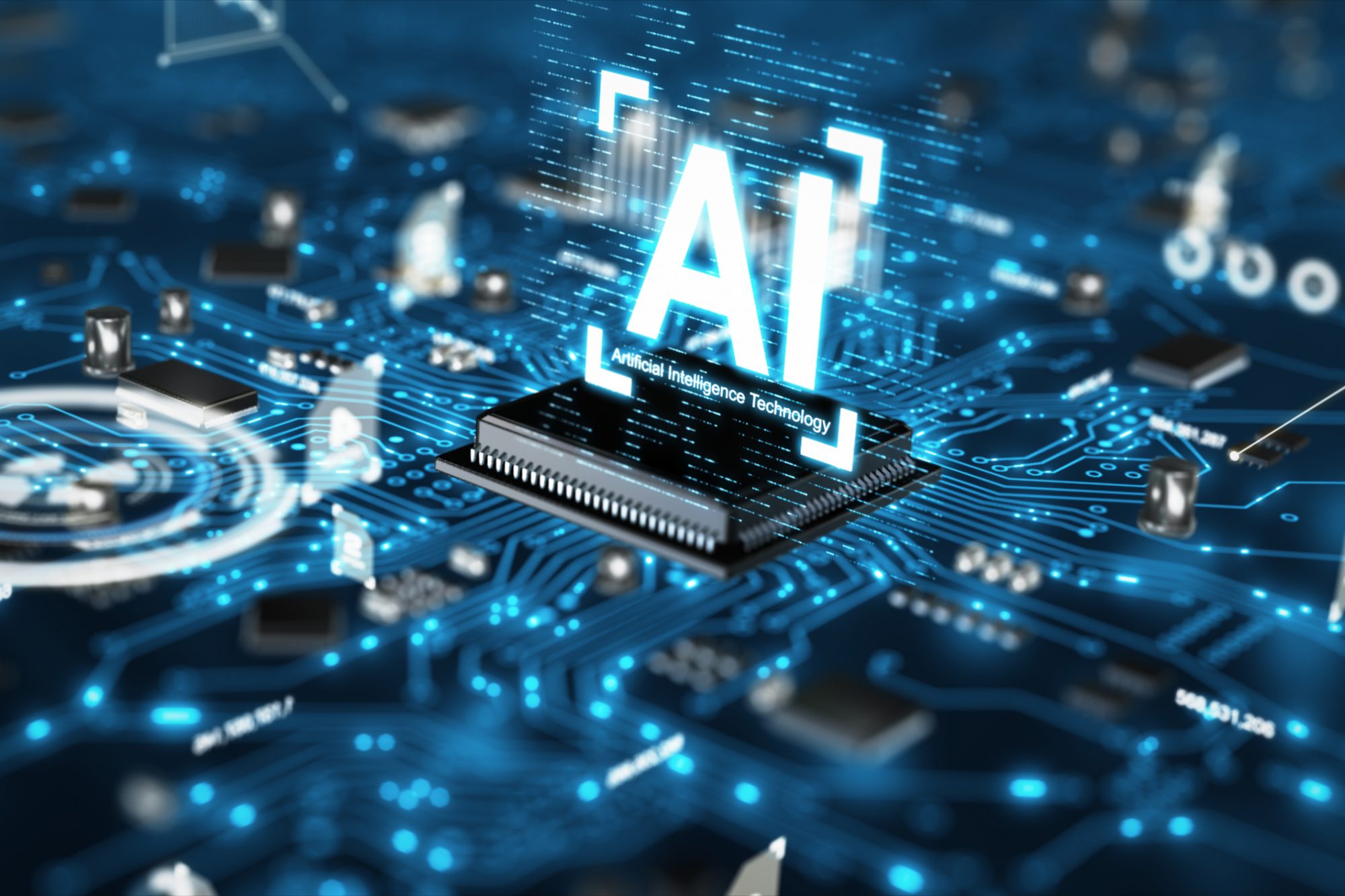
Generative man-made intelligence is an intriguing and complex scene, however it isn’t without its inborn dangers and difficulties. It involves probably the greatest worries like inclination, client capability, straightforwardness, and consistency. This calls for capable and moral utilization of this innovation while recognizing the positive effect that generative-simulated intelligence can have on propelling information and driving advancement in scholarly world
The Impact Generative AI Tools Can Have on Advancing Knowledge and Driving Innovation
Generative computer based intelligence apparatuses can possibly distinguish designs and create bits of knowledge that would somehow be tedious for human analysts to uncover.
They can aid information examination, article outline, and even add to the improvement of new speculations and speculations. By utilizing artificial intelligence, analysts can speed up the speed of revelation and make critical commitments to their particular disciplines.
In any case, close by the advantages, it is essential to stress the dangers that emerge from the joining of generative computer based intelligence without human mediation.
The Threats of Generative AI Integration Without Human Intervention
The deployment of generative AI without proper human intervention can lead to challenges and potential threats that may negatively impact ethical considerations and societal well-being.

The transformative potential of generative AI tools in academia when coupled with responsible human practices can drive innovation and advance knowledge in extraordinary ways.
By establishing guidelines, ensuring diversity and inclusivity in data, and promoting human-AI collaboration, academia can harness the full potential of AI while minimizing its risks. Responsible use of generative AI will empower researchers and educators to make ground-breaking discoveries and contribute positively to the advancement of knowledge.
Ethical Considerations in Integrating Generative AI into Academic Research and Writing
Ethical considerations surrounding data usage, intellectual property, and potential job displacement are of great importance when integrating AI into academic research and writing. Addressing these concerns is crucial for ensuring responsible and ethical use of AI tools in academia.
1- Data Usage
- Ethical practices demand diverse, inclusive, and unbiased data collection.
- Biased or incomplete data can lead to discriminatory outcomes and reinforce inequalities.
- Additionally, avoiding biased datasets is crucial to ensure fair and representative AI-generated insights.
2- Intellectual Property
- Proper attribution and respect for intellectual property rights are vital.
- AI-generated content raises concerns of plagiarism and copyright infringement.
- Clear guidelines and protocols are needed to navigate the intersection of AI-generated content and intellectual property, promoting ethical practices.
3- Potential Job Displacement
- Automation of tasks through AI tools may lead to job losses in academia.
- Reskilling and upskilling efforts are necessary to work effectively alongside AI tools.
- Ethical considerations call for investment in education and training programs to empower individuals and minimize the negative impact of job displacement.
4- Social and Economic Impact
- In addition to the immediate concerns of job displacement, it is crucial to address the wider societal implications that arise from the increasing automation of tasks through AI, proactive measures to mitigate the potential negative consequences are essential.
- Policies and frameworks should support affected individuals and communities.
- A just and equitable transition requires proactive measures to minimize negative consequences and promote inclusivity.
By acknowledging and addressing these ethical considerations, academia can ensure the responsible and ethical use of generative AI tools in research and writing, fostering fairness, inclusivity, and the advancement of knowledge.
Risks of Overreliance on Generative AI and the Potential Impact on Critical Thinking and Creativity
Overreliance on AI tools in academic research and writing poses risks that can impact critical thinking and creativity. While AI tools offer efficiency and automation, they are not a substitute for human intelligence and intuition, and their limitations can hinder the development of innovative ideas and intellectual growth.

Therefore, overreliance on generative AI tools in academic research and writing carries risks that can impact severely on researchers’ critical thinking and creativity. To ensure a well-rounded and innovative approach, researchers must actively engage with AI-generated insights. Furthermore, they should foster creativity and remain cognizant of the limitations and biases inherent in these tools.
Responsible use of generative AI tools such as ChatGPT, DeepL Write, Bard, and so on in academia holds the promise of taking research and writing to new heights. This enables researchers to make ground-breaking contributions to their respective fields and pushing the boundaries of human knowledge.


